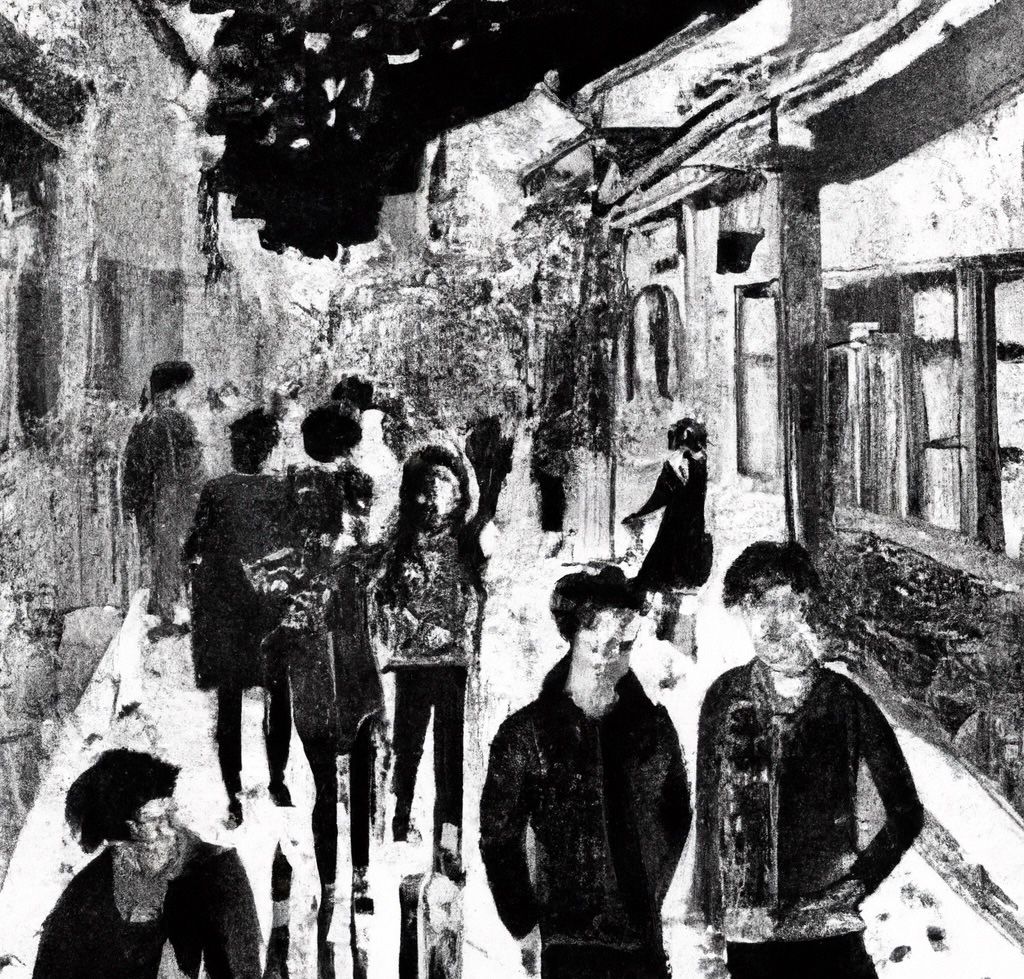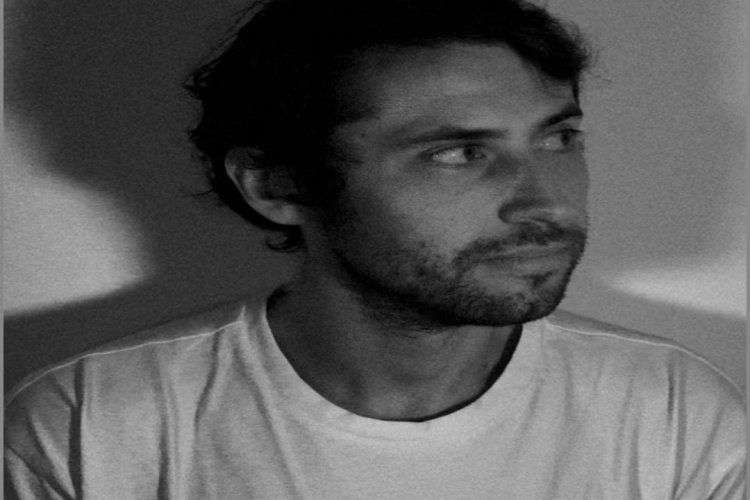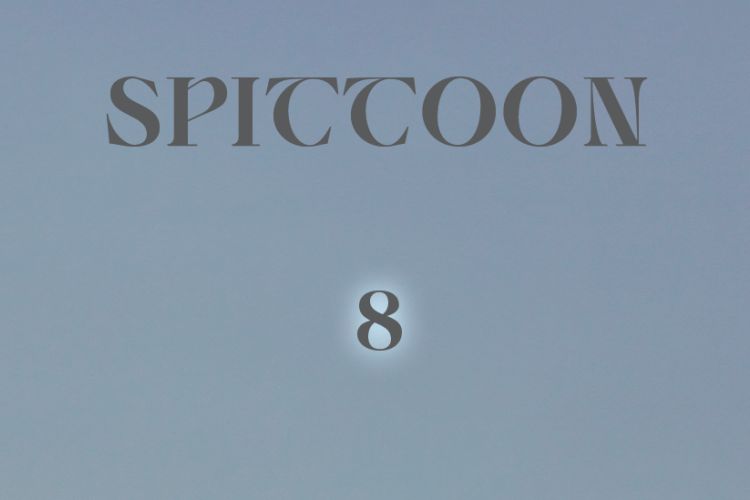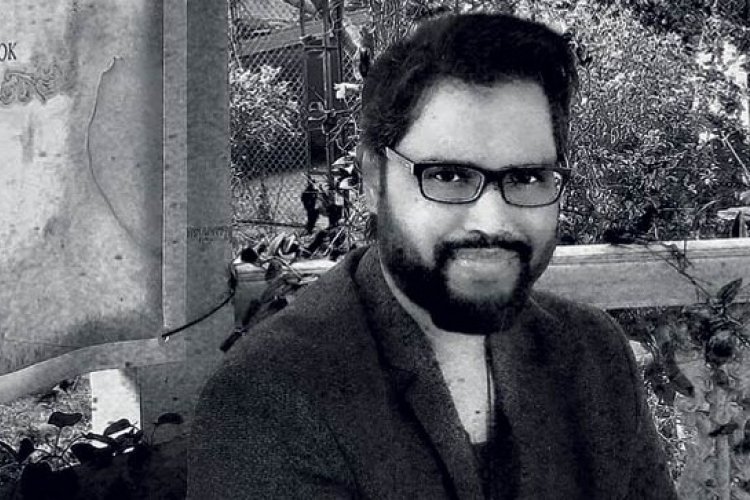We Met In Beijing: Join Anthony Tao’s Poetry Book Launch (May 21)
Anthony Tao is no stranger to us here at the Beijinger, however for those readers who are unfamiliar, Tao is a Beijing-based poet and writer born in the capital but raised in the US who has now been living here since 2008. He is the coordinator of literary group Spittoon and joint owner of hutong bar Golden Weasel.
Tao has been writing poetry on and off since high school and has recently published his first poetry collection We Met In Beijing, which will be officially launching next Tuesday (May 21) at Modernista.

The collection takes a poignant look at both the joys and tribulations of life here in Beijing, with poems covering everything from dreaded sandstorms to the infamous Dirty Bar Street, the collective trauma of Covid, or dancing away until the wee hours of the night in a sweaty hutong club. A key theme of the book is how tumultuous it can often be living in this city, and for those of us who have lived here over the years and seen multiple friends and venues bid farewell to the capital, it is particularly touching.
Ahead of the book launch we spoke with Tao about the collection, its themes and what we can expect from the launch.
What was the process of compiling the collection? Were a lot of the poems written deliberately with the book in mind or was it more of a process of picking and choosing ones that fit?
A couple of the poems in the book are a decade old, which is scary to think about – like, where has the time gone? I’ve always thought my work would build toward something, but it didn’t settle into its final shape until maybe two years ago, when yet another group of friends left in the waning months of the zero-Covid policy. And that’s when I decided to lean into the book’s current themes of change and belonging.

Can you tell us a bit about what the journey has been like getting your collection published?
A London press run by the former publisher of Mekong Review wanted to publish it. I emailed him [Minh Bui Jones] in December, and he said he was aiming for the latter half of 2024. I felt the iron was, proverbially speaking, a bit hotter than that, since we were at the one-year anniversary of the lifting of zero-Covid, and I was struck by how quickly everyone had moved on as if those years had never happened. There were certain lines I felt had more urgency if they were read now:
…when we were more attentive to movement,
sensitive to change: how fast it happens,
when it happens in China, as if nothing
had ever been out of the ordinary.
The process was accelerated, let’s say, and I’m happy the book is out in its current form.
Who would you say the collection is for and why do you think people should read it?
Early in the compilation process, it was looking like this book would mainly be for those of us who have lived in Beijing, but I think the final product has plenty to say to those who have never been here. I’ve committed a lot of time and energy and resources to this place, and at the heart of the collection, I’m trying to answer – for myself and for others – the question Why? I hope people who have lived here – especially those who live here now – find clarity for themselves, too. I hope the collection evokes nostalgia and inspires people to start new adventures.
The book is split into four themed sections, why did you decide to split it up in this way?
The sections came together late in the process. First-time authors sometimes fall into the trap of trying to do too much – I may well be in the trap – but I wanted to show as much as I could, so that the appeal may be broader. It’s the last section – the title poem – that I can unequivocally say is for us: expats who have been here a while, who have seen places come and go, and who might have core memories tied to specific places, including those that are gone.
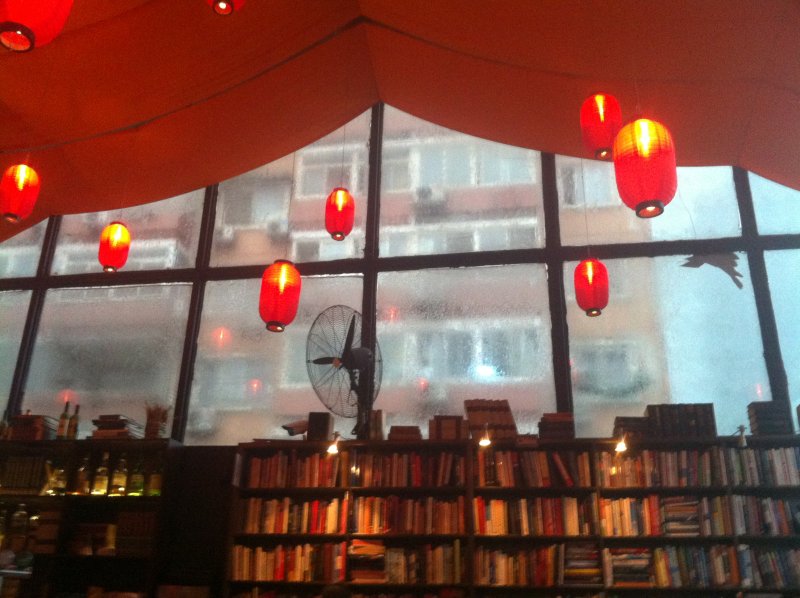
The third section deals with the Covid period, with a lot of the poems being written during that time. Was writing poetry a helpful way to deal with the situation?
Definitely. The first poem in that section, which is a six-parter, was published in February 2020, to give you a reminder of those early days – how eventful they were, how uncertain so many of us were…and how quickly things changed. That one turned into a Poetry x Music album with Liane Halton, by the way, and remains a piece of work we’re both really proud of.
In the book there are quite a few poems about how Beijing has changed a lot over recent years, especially the last poem, "We Met In Beijing", which mentions many Beijing venues that are now closed. Is there one venue in particular whose closure hit you the hardest?
The Bookworm, for sure. It was such a unique place, a meeting point in the truest sense, a nexus of disparate groups, an ever-reliable beacon in an unsteady neighborhood, and a symbol of what a globally inclined Beijing could be. I know every community has lost something of the kind – Temple comes to mind, obviously – but places also come back, and we find new ways to meet friends, and coalesce experiences. Even when The Bookworm was around, I think we all knew that it was irreplaceable, and of course, it has yet to be replaced…and I would argue its spirit has yet to be resurrected.

You’ll be launching your poetry book at Modernista on May 21, without spoilers can you tell us a bit about what you have in store for the event?
There’ll be a reading – including a couple of poems inspired by (one even named after!) Modernista – and a musical performance. I’ve called upon some close friends – David Moser, Nina Dillenz, Nils Nilsen, Ryan Etzcorn – to help make this a dynamic event.

Spitton undoubtedly plays a bit part in your life, so much so that you've dedicated a poem in your book to your predecessor, former coordinator Matthew Byrne. Can you tell us a bit about what Spittoon means to you and are there any exciting future Spittoon events planned?
Spittoon has been a rock for the past nine years (May is the organization’s birthday month, so keep an eye out for celebrations). It truly is a success story – perhaps an unlikely one, considering it began as a tiny poetry night in Mado Bar (yet another place no longer here). I’m happy to say the ethos of the organization hasn’t changed since Matt created it. We’re a welcoming, diverse group that provides a platform for people to express themselves creatively.
Lastly, do you have any words of advice for aspiring poets in Beijing?
There’s so much inspiration all around: keep your eyes open, keep probing, and keep writing. And find, wherever possible, opportunities to share your work, even as you continue to tweak it in your solitary moments. I feel like my poetry took a step up when I began publishing a poetry Substack; give yourself pressure to write whenever you can, press forward, and let the world know!
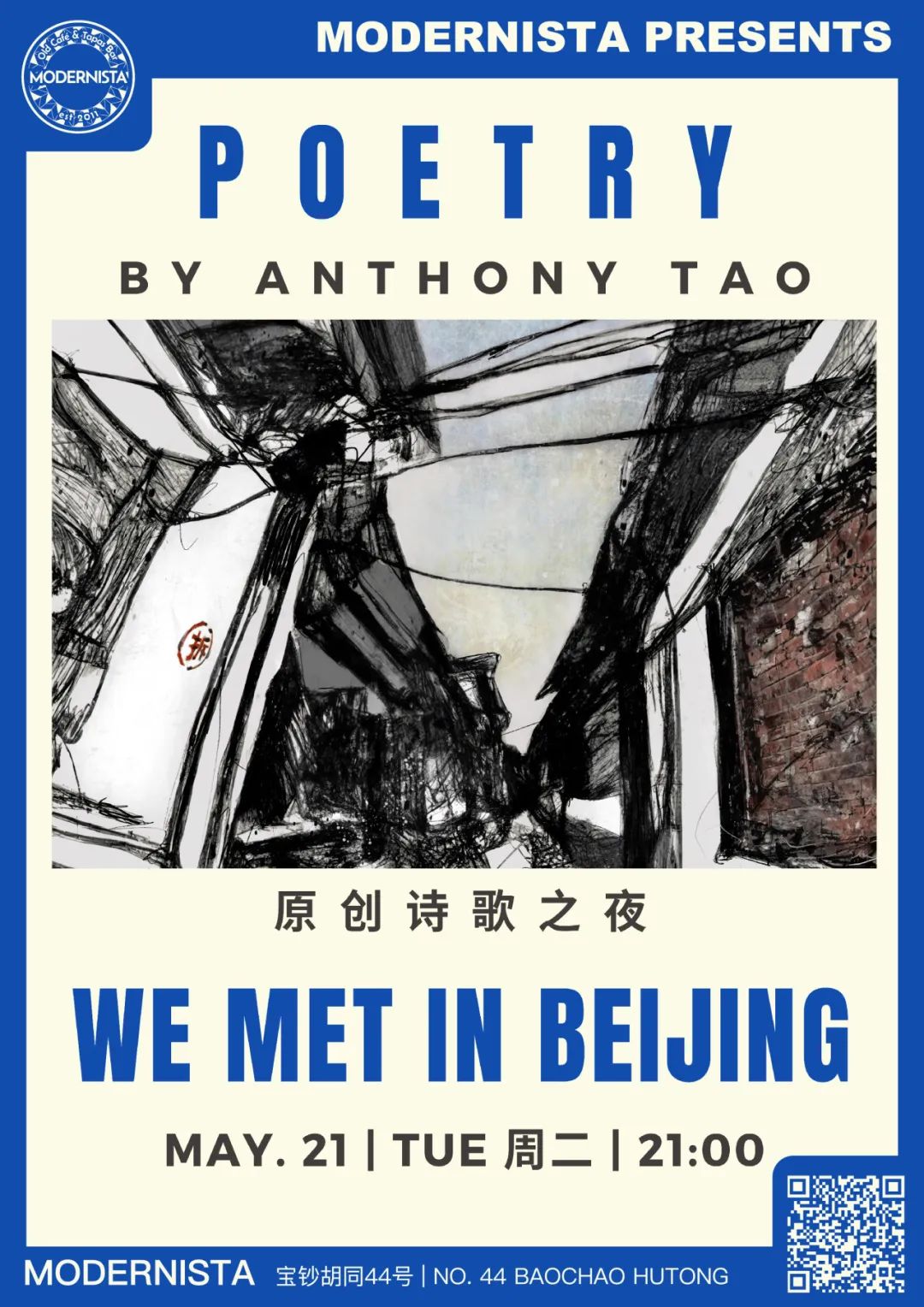
The book launch of Anthony Tao's poetry collection We Met In Beijing will be taking place at Modernista on Tue, May 21 at 9pm. Entrance for the event is free. If you want to purchase a copy of We Met In Beijing, you can follow this link.
Modernista
44 Baochao Hutong, Gulou Dongdajie, Dongcheng District
东城区鼓楼东大街宝钞胡同44号
READ: All the Way From SA, Comedian Jaxx Justice Hits Beijing, May 18
Images: cover image by Johanna Sovik, other images courtesy of Anthony Tao

